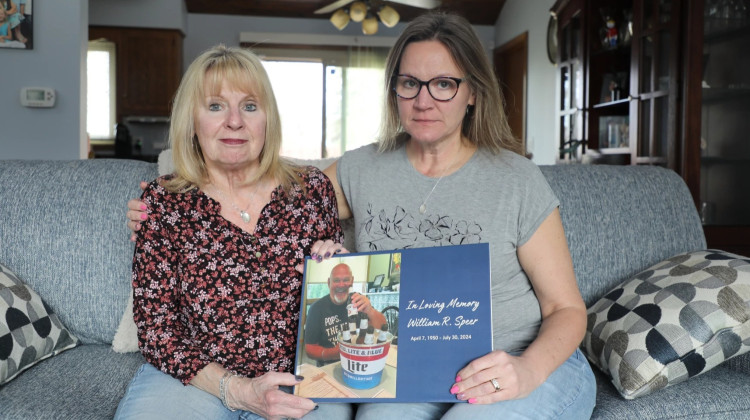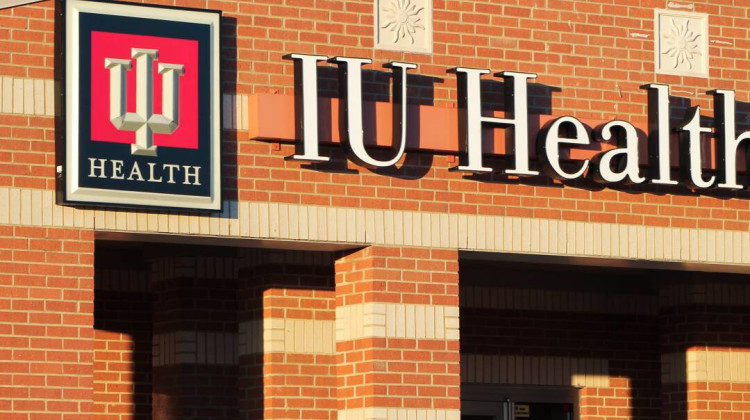Indiana Medicaid recipients are getting better access to drugs for treating hepatitis C, a change triggered by a class-action lawsuit by the American Civil Liberties Union.
The state must provide what are known as direct-acting antiviral medications by July 1. It’s part of an agreement between the state and the ACLU recently approved by a federal judge.
Previously, the state would only fund the drugs once it deemed a patient’s case serious.
The ACLU challenged that policy, saying it violated a federal requirement to provide necessary care.
"Every specialist doctor out there would tell you that if you see a disease and you have the ability to treat it with a high degree of efficacy, that’s something you just do," says ACLU of Indiana Senior Staff Attorney Gavin Rose.
The new policy could affect thousands of people, according to Rose. The CDC says medications can cure more than 90 percent of hepatitis C infections, often seen among people who inject illegal drugs.
Indiana and some other states have limited the treatment, which can cost tens of thousands of dollars, but Rose says there's a nationwide trend to boost this coverage.
"More and more states are agreeing that this is something that they are obligated to do," he says, "and that ultimately not only their citizens but states themselves will benefit from ensuring that this treatment is as widely available as possible."
The Indiana Family and Social Services Administration, which oversees Medicaid in the state, says it evaluated its hepatitis C treatment policies during the lawsuit. The agency agreed to a July 1 implementation date to allow time to prepare for the changes.
An agency spokesperson said in an email to Side Effects, "The current administration seeks to move forward with evidence-based hepatitis C treatment policies, and has made hepatitis C treatment a high priority."
The lawsuit was filed in 2015, the same year Indiana saw a hepatitis C outbreak linked to needle-sharing.
 DONATE
DONATE








 Support WFYI. We can't do it without you.
Support WFYI. We can't do it without you.